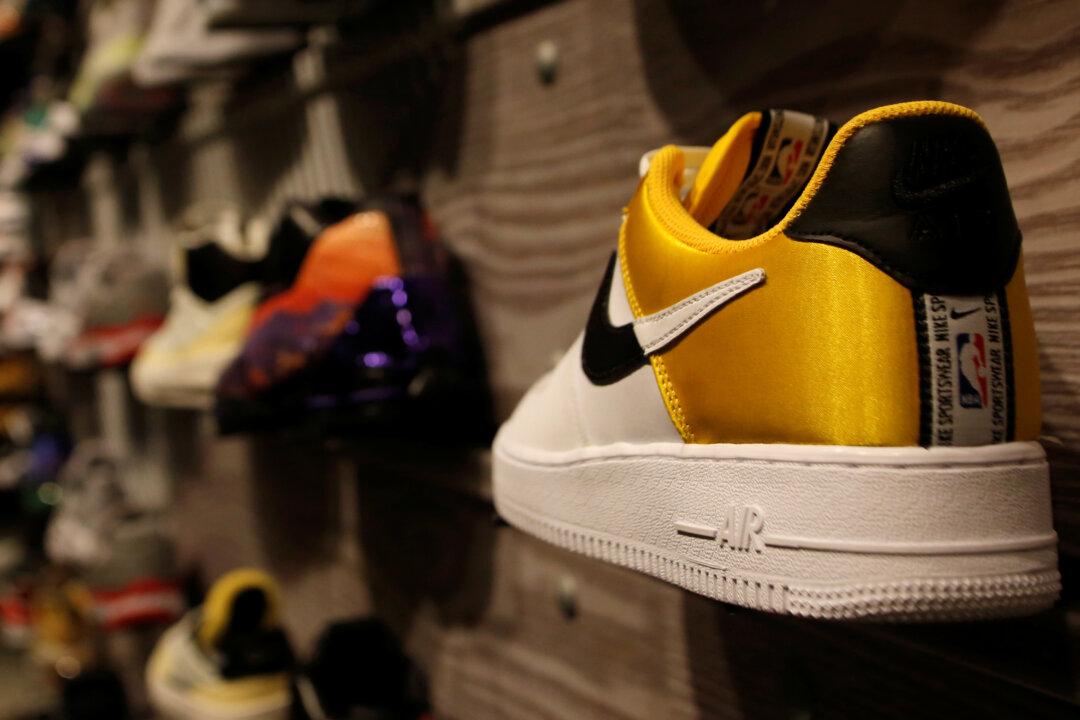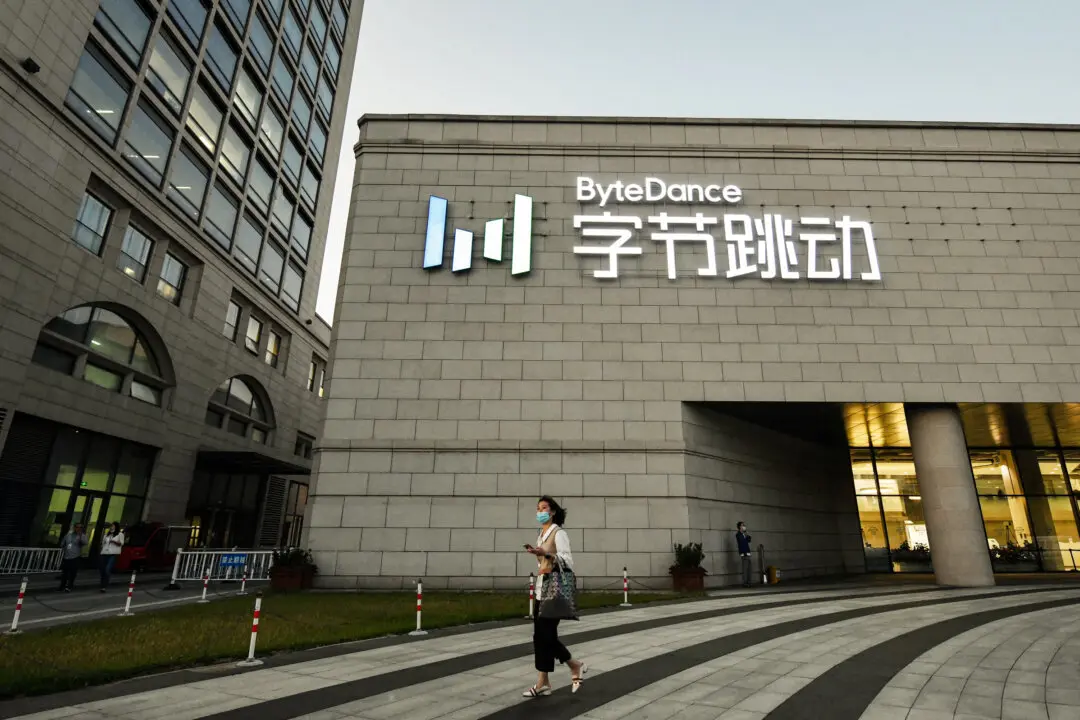A state-backed campaign to boycott Western fashion brands for their refusal to use Xinjiang cotton over forced labor concerns has been seen for more than two weeks across China. TV channels and online video streaming platforms have been blurring the logos of the Western brands on their shows.
Since the end of March, entertainment shows in China have, either preemptively or under government directive, censored the logos of Western brands including Adidas, Nike, Puma, Burberry, H&M, Uniqlo, Calvin Klein, and Converse on clothing worn by contestants who are dancing, singing, and performing stand-up comedy.




